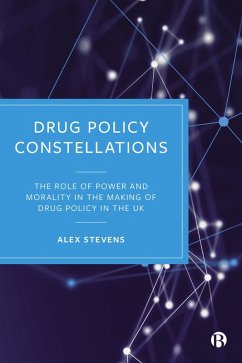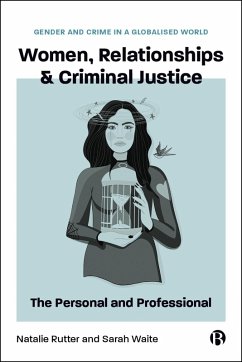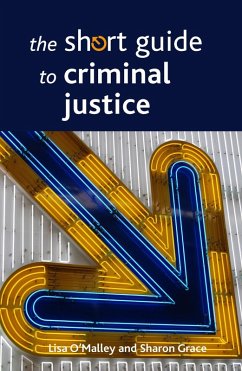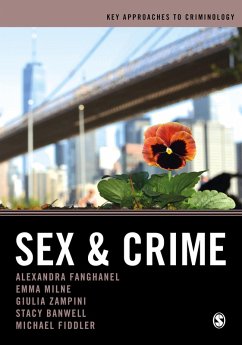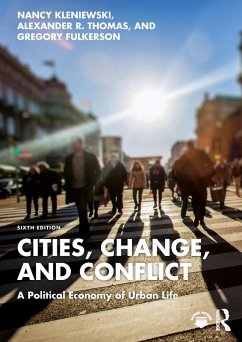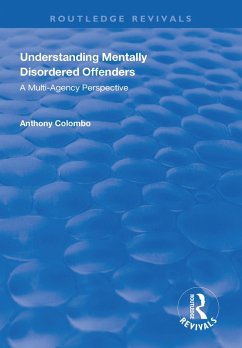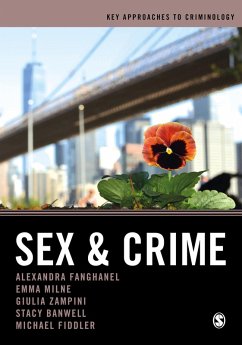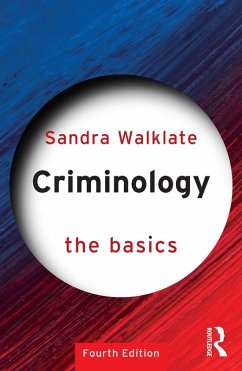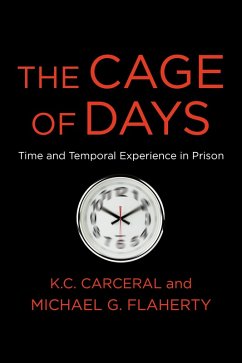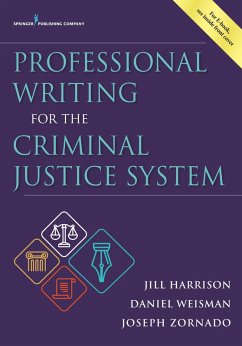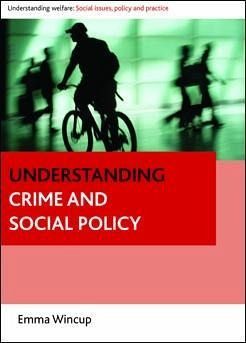
Understanding Crime and Social Policy (eBook, ePUB)

PAYBACK Punkte
15 °P sammeln!
Understanding crime and social policy explores the interface between crime and social policy, drawing upon international theoretical developments and empirical research from within Criminology and Social Policy. Written by an experienced author, it uses analysis of policy-making under the New Labour and Conservative-Liberal Democrat governments to reflect upon the multiplicity of influences which shape the formulation and delivery of crime control policies, the changing nature of government and governance in neo-liberal societies, and the enhanced role of the welfare state in 'solving' crime '...
Understanding crime and social policy explores the interface between crime and social policy, drawing upon international theoretical developments and empirical research from within Criminology and Social Policy. Written by an experienced author, it uses analysis of policy-making under the New Labour and Conservative-Liberal Democrat governments to reflect upon the multiplicity of influences which shape the formulation and delivery of crime control policies, the changing nature of government and governance in neo-liberal societies, and the enhanced role of the welfare state in 'solving' crime 'problems'. A unique feature of the book is the inclusion of policy examples including the resettlement of prisoners, problem drug use and 'troubled' families. Understanding crime and social policy encourages readers to reflect upon the close connections, and sometimes tensions, between crime reduction and social policy agendas and is aimed at two audiences. The first is students on courses in criminology, criminal justice and social policy. The second is practitioners from across the public, private and voluntary sector.
Dieser Download kann aus rechtlichen Gründen nur mit Rechnungsadresse in A, D ausgeliefert werden.




